
Latin America: Week in Review
Freedom of Press Violations Rising in Western Hemisphere, Press Association Claims
March 23, 2010 By Staff
Today in Latin America
Top Story — The Inter American Press Association (IAPA) said this weekend that a number of countries in the Western Hemisphere seriously violated press freedoms, including Cuba and Venezuela.
IAPA, a Miami-based group which includes 1,380 publications, met in the island nation of Aruba to discuss what it considers to be threats to the freedom of expression in the Western Hemisphere.
“The most worrisome case continues to be the case of Cuba, where a dictatorship that has lasted nearly half a century has not allowed a minimum of freedom of expression or free press,” said Alejandro Aguirre, president of IAPA, in a telephone interview with the Los Angeles Times.
The Committee to Protect Journalists also recently called on Cuban President Raúl Castro to free 22 detained journalists. In March of 2003 the Cuban government arrested 29 journalists and in summary trials sentenced them to prison terms of up tp 28 years. The Cuban government maintains that the journalists are mercenaries on the Washington payroll.
IAPA also condmmed the government of Venezuelan leader Hugo Chávez who last year revoked the licenses of 34 radio stations and in January forced cable providers to take RCTV, a anti-Chavez TV channel, off the air as it allegedly refused to play mandatory government programming.
Protection of journalists from drug traffickers in Mexico was also addressed by IAPA, which said that the country’s authorities were not doing enough to protect reporters from threats and violence.
Four journalists have been killed in Mexico this year and the IAPA claimed a fifth was recently killed in the city of Reynosa, but the local media was too afraid to file a police report.
IAPA also voiced concern over the well-being of journalism in Haiti, after the Jan. 12 earthquake that destroyed much of the capital, Port-au-Prince and killed 31 journalists.
The association said that the earthquake hindered the flow of humanitarian information and now only 12 of 50 radio stations are operating in Haiti.
North America
- Two men killed by Mexican soldiers in a shootout between the army and gunmen turned out to be engineering graduate students from Monterrey Tech University, not suspected drug traffickers.
- U.S. explorer Anadarko Petroleum said Monday it found in an appraisal well in the Gulf of Mexico more than 600 feet of high-quality pay.
Caribbean
- Haitian President René Préval calls for investment in agriculture rather than food aid as world leaders, led by ex-President Bill Clinton, are questioning the free-market policies that undermined Haitian food production in the 1990s by cutting tariff to allow cheap U.S. rice to flow into Haiti’s market.
- The Haitian diaspora began working on a recovery plan for Haiti at a meeting at the Organization of American States in Washington on Monday.
Central America
- Guatemalan President Alvaro Colom and Russian President Dmitry Medvedev declared interest in building up trade and economic ties at a summit meeting Monday.
- Over the weekend thousands of Salvadorans gathered in San Salvador to mark the 30th anniversary of the assassination of Archbishop Oscar Romero.
- The U.S. Supreme Court refused to reconsider the request by former Panamanian dictator Manuel Noriega to stop his extradition to France on money laundering charges.
Andes
- Argentine President Cristina Fernandez de Kirchner visited Peru and apologized for the sale of weapons from Argentina to Ecuador, while the country was at war with Peru in 1995.
- Peru’s minister of Mines and Energy said the country’s gold and zinc production rose in February, but production of silver and copper fell.
- A United Nation’s meeting began Monday in Cali, Colombia to discuss an international agreement on access to the Earth’s genetic resources.
- Venezuelan President Hugo Chávez announced he will begin a blog.
Southern Cone
- Uruguayan Minister of Defense Luis Rosadilla said that Uruguay has “reached the limit” of its ability to provide troops for U.N. peacekeeping missions in Haiti and the Congo. The U.N. reportedly owes Uruguay $70 million in backpay for its troops and the material cost of the operations.
- The Argentine government has dispatched mobile fishmongers to sell haddock in poor neighborhoods in an effort to combat the high food prices caused by inflation.
- Residents of a Rio de Janeiro favela and human rights groups issued a handbook Thursday designed to combat police abuses and educate the city’s poor about their citizenship rights. The handbook will be distributed throughout Rio’s favelas.
- The 20 year-old son of the Mexican ambassador to Chile, reported missing last Wednesday, returned home safely on Friday after failing to notify anyone of his whereabouts for 48 hours.
Image: Trinidad-News.com @ Flickr.
Subscribe to Today in Latin America by Email
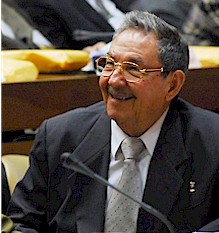
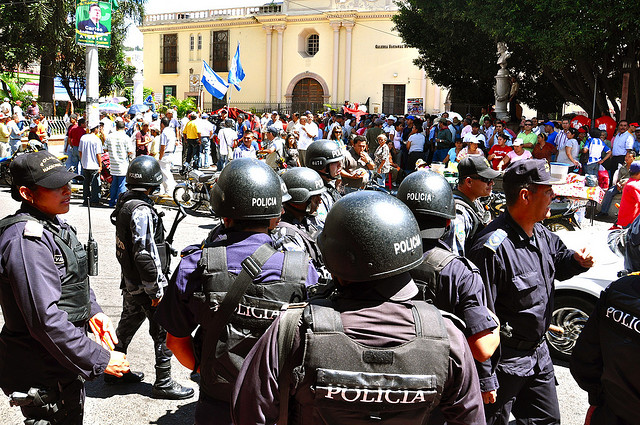

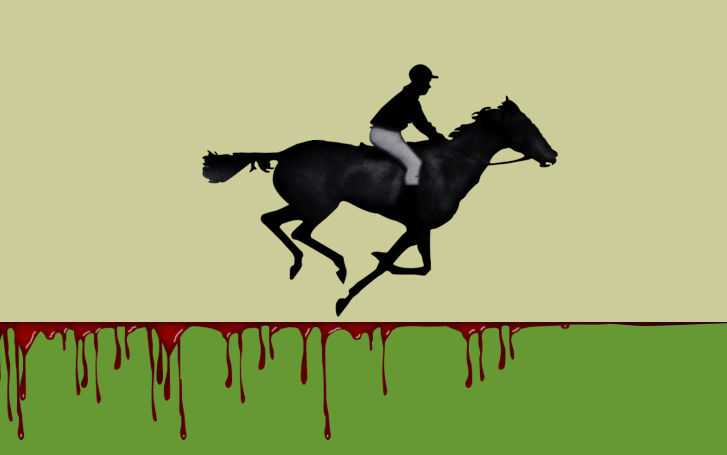
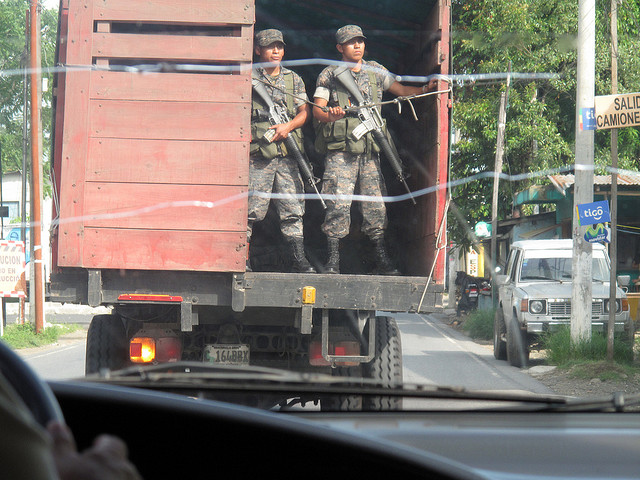
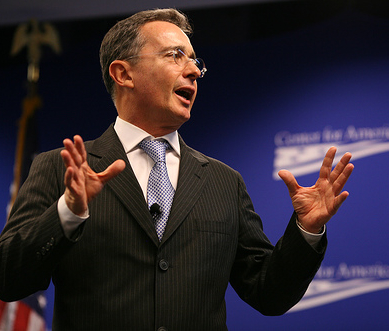
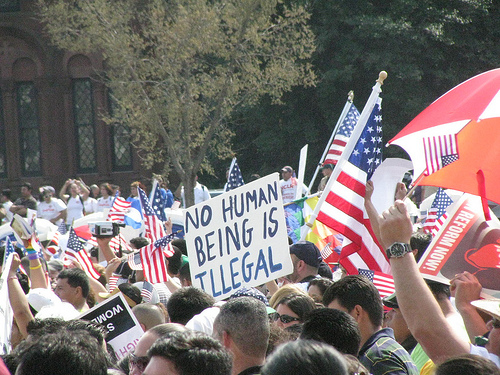
1 Comment
[…] Human Rights Watch, the International Press Institute, the Committee to Protect Journalists, the Inter American Press Association, and many more highly credible and globally respected public interest organizations have documented […]
Comments are closed.